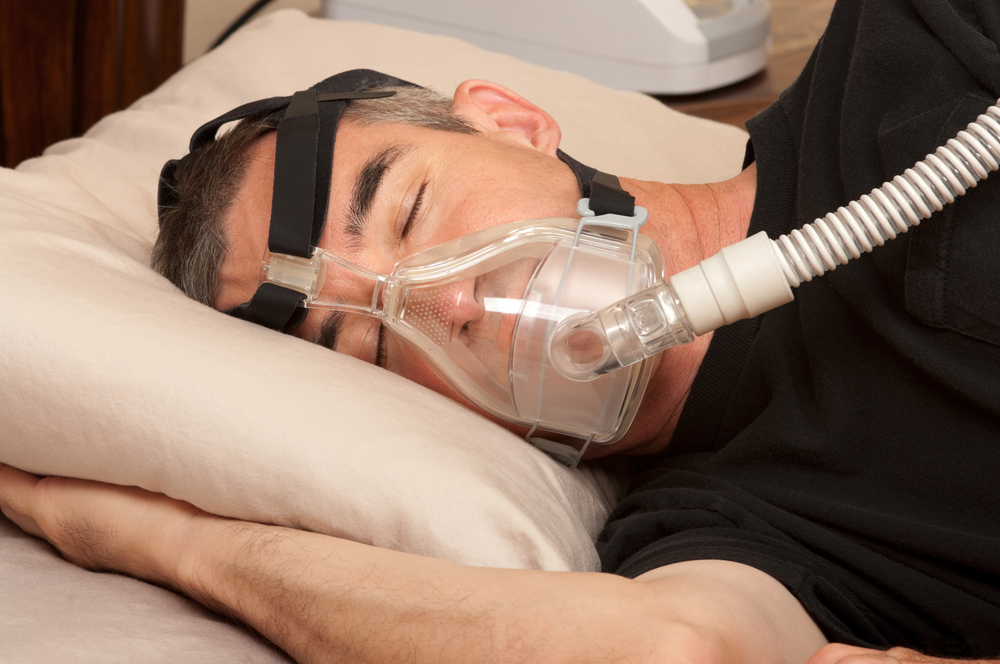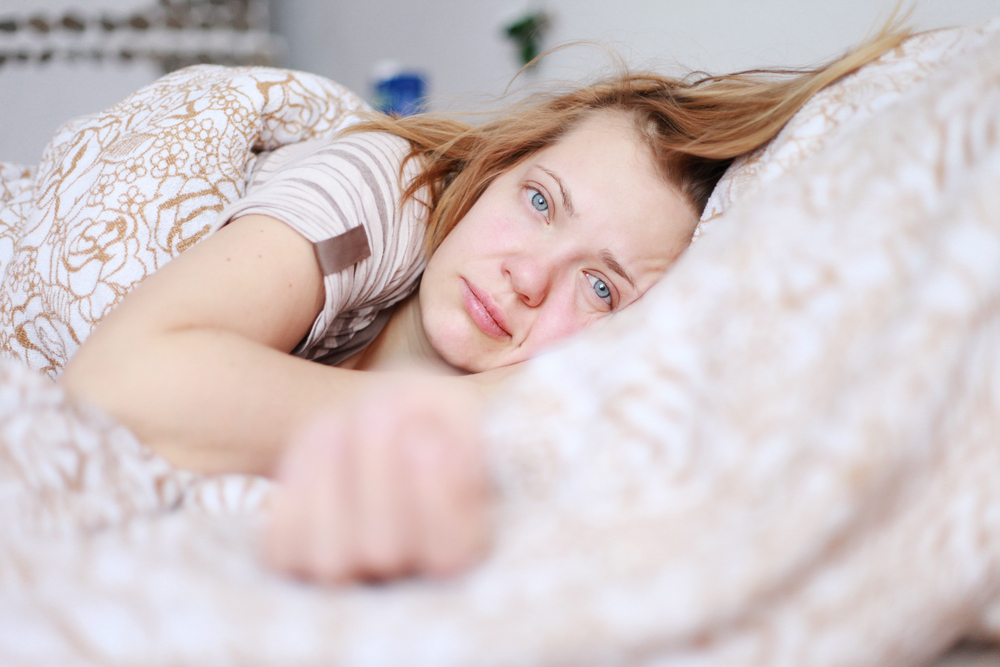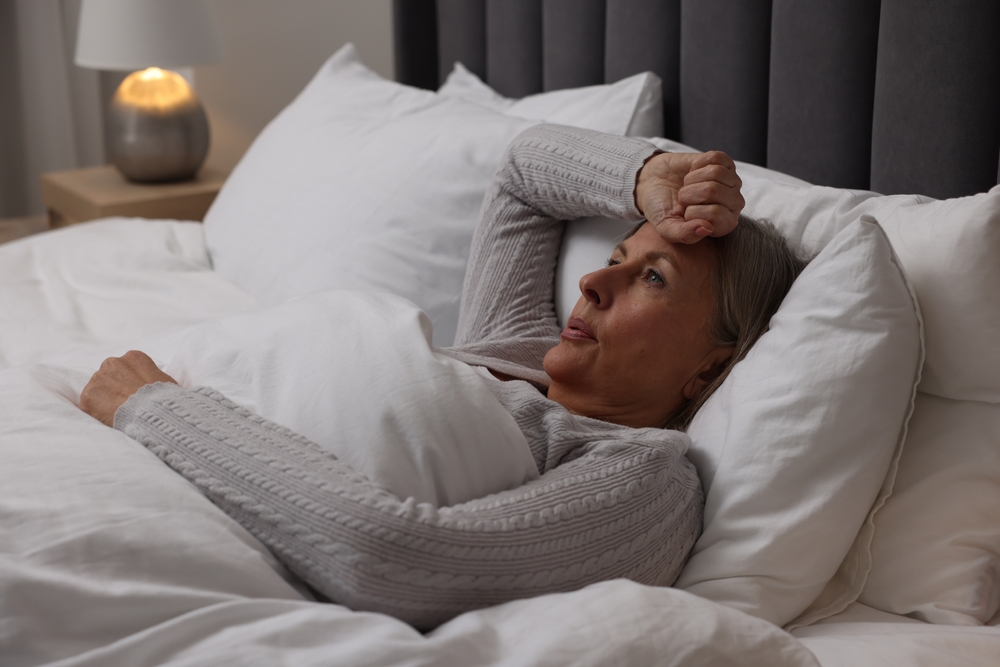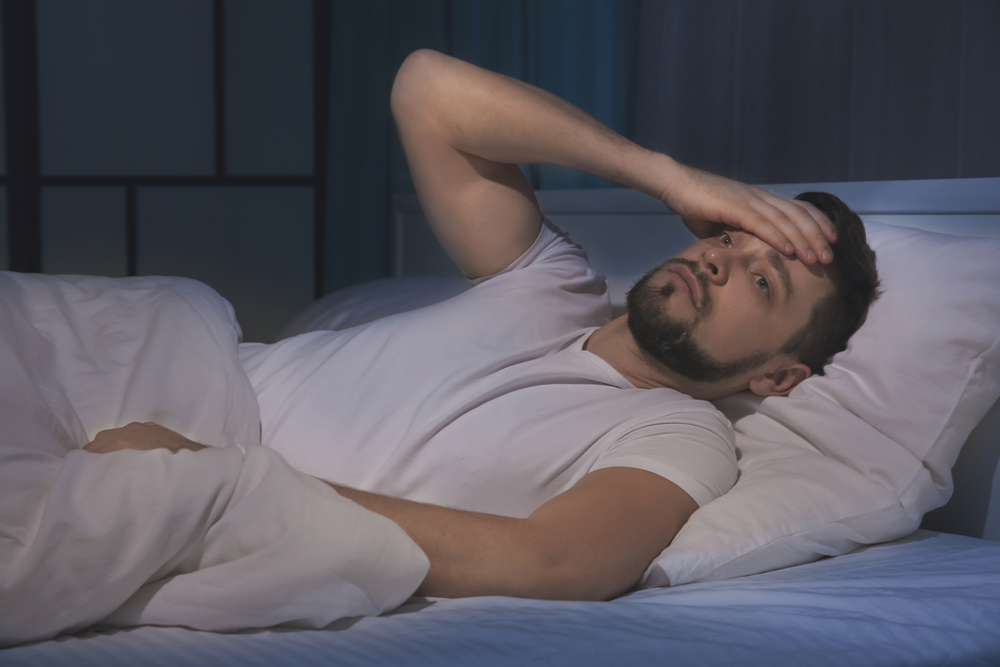A good night’s sleep is essential.
Others are reading now
Sleep problems are a common challenge that affect both physical and mental well-being.
Many people experience difficulty falling asleep, frequent awakenings, or feeling unrefreshed despite getting several hours of sleep.
When sleep quality declines over time, it can impact energy levels, concentration, and overall well-being.
Sleep is crucial for the body’s recovery and balance, but modern lifestyles and daily stressors can make it difficult to maintain a stable sleep routine.
Also read
Lack of sleep can lead to daytime fatigue, irritability, and reduced performance.
For some, sleep problems become a recurring struggle, feeling both frustrating and exhausting.
Stress and Anxiety

A certain level of stress can be beneficial, but chronic stress disrupts sleep.
Cortisol, the body’s stress hormone, keeps us alert and makes relaxation difficult.
Racing thoughts and anxiety can cause frequent awakenings throughout the night.
Finding effective stress-reduction techniques is key to improving sleep quality.
Thyroid Function

An overactive thyroid can lead to restlessness, irritability, and sleep disturbances.
Conversely, an underactive thyroid may cause fatigue, muscle soreness, and increased anxiety, all of which can also affect sleep.
Both conditions may require medical attention to restore healthy sleep patterns.
Alcohol

A glass of wine in the evening might seem relaxing, but alcohol can impair sleep quality.
Drinking alcohol within four hours of bedtime can lead to restless sleep and frequent awakenings.
Alcohol also disrupts the body’s natural sleep cycle, so it’s best to avoid it close to bedtime.
Liver Function

The liver plays a key role in processing melatonin, the hormone that regulates sleep.
If the liver isn’t functioning optimally, sleep can be disrupted.
Symptoms such as itching, loss of appetite, and discomfort in the liver area may indicate underlying liver issues that should be addressed.
Blood Sugar Levels

Stable blood sugar is essential for a good night’s sleep.
If blood sugar drops too low before bedtime, the body may release cortisol, which can interfere with sleep.
Diet plays a crucial role—having a small snack with protein and healthy fats before bed can help.
Good options include nuts or whole-grain bread with almond butter.
Sleep Apnea

Sleep apnea is a condition where breathing temporarily stops during sleep, leading to frequent awakenings and daytime fatigue.
Untreated sleep apnea can also increase the risk of cardiovascular problems.
Nutrient Deficiencies

Deficiencies in key nutrients, such as vitamin D, can negatively impact sleep by reducing melatonin production.
Sunlight is the best source of vitamin D and helps regulate the body’s internal clock.
Magnesium is also important, as it promotes relaxation and reduces stress.
A diet rich in these nutrients can support better sleep.
Smoking

Nicotine is a stimulant that can make falling asleep more difficult.
Smoking before bedtime can result in restless sleep and more frequent awakenings.
To improve sleep quality, it’s best to avoid smoking in the hours leading up to bedtime.
Gut Bacteria Imbalance

An imbalance in gut bacteria can negatively impact sleep.
Cortisol production can damage beneficial gut bacteria, reducing the body’s ability to convert tryptophan into serotonin.
This can make falling asleep and staying asleep more challenging. Probiotics may help restore balance and improve sleep quality.
Prediabetes

Frequent nighttime urination can be a sign of high blood sugar.
Restlessness, headaches, and increased irritability can also indicate prediabetes.
If these symptoms occur, consulting a doctor for an evaluation is recommended.
Caffeine

Coffee, tea, and other caffeinated beverages can interfere with sleep because caffeine is a stimulant.
It’s best to avoid caffeine at least six hours before bedtime to ensure better sleep.
Caffeine can extend the time it takes to fall asleep and reduce overall sleep quality.
Disrupted Circadian Rhythm

Changes in the body’s internal clock can make falling asleep difficult.
Jet lag or shift work can disrupt the natural sleep-wake cycle.
Adjusting to these changes takes time, but maintaining regular sleep habits and exposure to daylight can help stabilize the circadian rhythm.
Hormones

Hormonal imbalances can make sleeping difficult, especially for women going through menopause.
Low progesterone levels during menstruation can also negatively impact sleep.
Hormonal fluctuations can cause nighttime awakenings and poor sleep quality.








